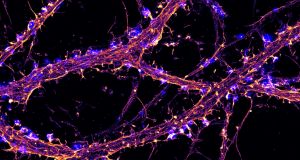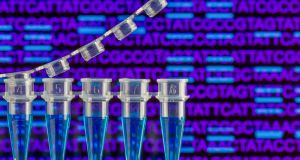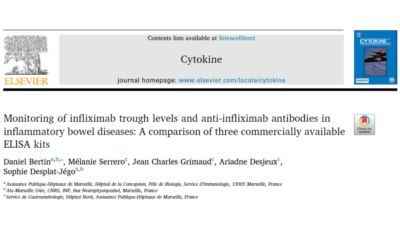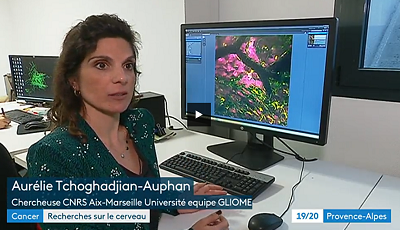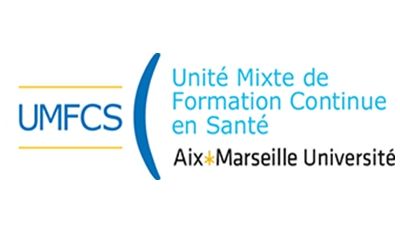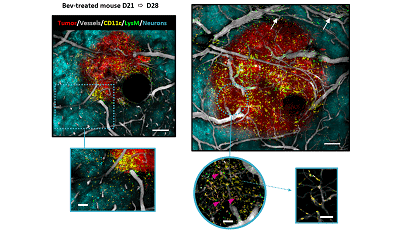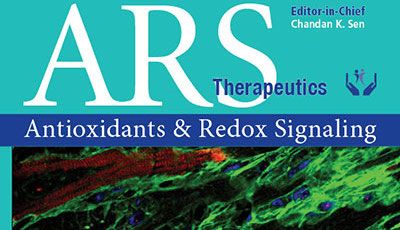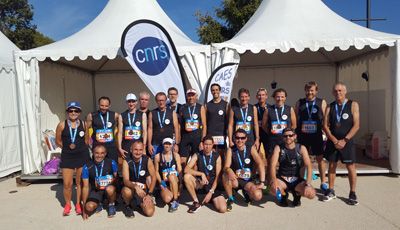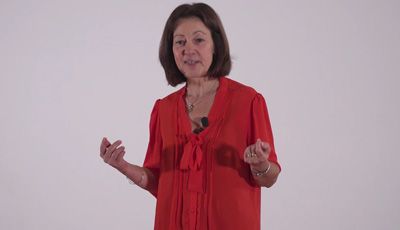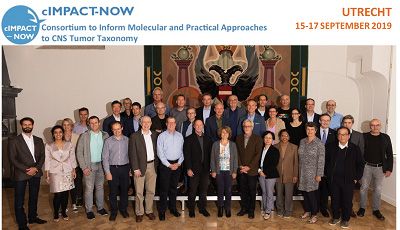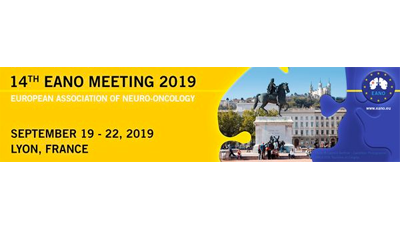Teams
NeuroTimone Facility (PFNT)
The PFNT Facility is a coherent set of exploration tools in neurobiology allowing research at the molecular, cellular and integrated levels.
News
-
 Vect-Horus announces agreement with Johnson & Johnson innovation
Vect-Horus announces agreement with Johnson & Johnson innovationVect-Horus announced today the signing of a research collaboration agreement with Janssen Pharmaceuticals, Inc. one of the Janssen Pharmaceutical Companies of Johnson & Johnson. The goal of this collaboration is to use Vect-Horus’ proprietary technology to transport various Janssen monoclonal antibodies to the brain for the treatment of neurodegenerative diseases. This deal was facilitated by Johnson & Johnson Innovation Limited.
-
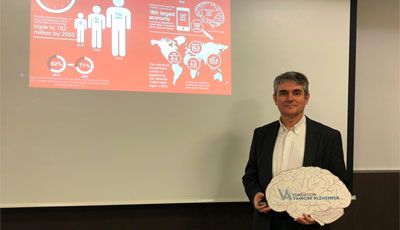 Santiago Rivera gave two conferences on Alzheimer's disease
Santiago Rivera gave two conferences on Alzheimer's diseaseThe first conference entitled “Alzheimer’s disease, fears and hopes” was given at the meeting of the management boards of the french Vaincre l’Alzheimer and the german Alzheimer Forschung Initiative foundations that was held on November 16th 2018 at the Novotel Hotel Marseille Vieux Port.
The second conference, in the context of the Conferences Cycle of the Institute of Neurosciences of the University of Barcelona, was entitled “ Membrane type-matrix metalloproteinases are newcomers to the Alzheimer’s field ” ans was held on November 20th at the School of Pharmacy of the University of Barcelona.
-
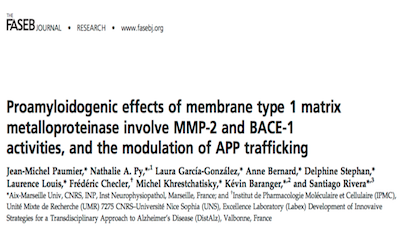 New article from the Neural Degeneration and Plasticity team
New article from the Neural Degeneration and Plasticity teamThe latest work from the Neural Degeneration and Plasticity team, in collaboration with the BBB and neuroinflammation team of Michel Khrestchatisky: "The pro-amyloidogenic effects of Membrane-type 1-Matrix Metalloproteinase involve MMP-2 and BACE-1 activities, and the modulation of APP trafficking" is now published in the FASEB Journal (doi: 10.1096/fj.201801076R). Our data unveil new mechanistic insights supporting the pro-amyloidogenic role of MT1-MMP based on APP processing and trafficking, and reinforces the idea that MT1-MMP may become a new potential therapeutic target in Alzheimer’s disease.
-
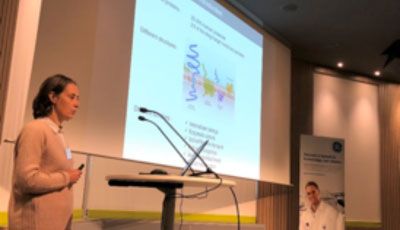 6th French Biacore User Meeting
6th French Biacore User MeetingGéraldine Ferracci, manager of the Surface Plasmon Resonance unit at INP's Plateform Interactome Neuro-Timone (PINT), gave a talk at the 6th Biacore Users' Meeting. During her presentation untitled "Contribution of the SPR in the study of membrane proteins: from their quantification to the optimization of therapeutic peptide vectors", she stressed the role of this major biophysical technique, played in the therapeutic approaches developed within the INP.
-
 Yvon Berland and Alexandre Tokay, respectively President of AMU and CEO of Vect-Horus signed a Public-Private Partnership allowing Vect-Horus to settle its research activities in the La Timone Medical Faculty
Yvon Berland and Alexandre Tokay, respectively President of AMU and CEO of Vect-Horus signed a Public-Private Partnership allowing Vect-Horus to settle its research activities in the La Timone Medical FacultyVect-Horus has established a long-term highly efficient collaboration with the Institute of NeuroPhysiopathology INP (UMR7051 CNRS-AMU) directed by Dr. Michel KHRESTCHATISKY, cofounder of the company, and this Partnership signed on November 14, 2018 is a cornerstone in the creation of the LABCOM (Common Research Lab) between the INP and Vect-Horus.
-
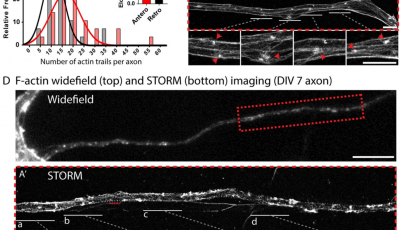 New article from the NeuroCyto Team: Slow axonal transport of actin via hotspots and trails
New article from the NeuroCyto Team: Slow axonal transport of actin via hotspots and trailsThe latest work of the NeuroCyto Team (previously on bioRxiv) is now published in the Journal of Cell Biology. We collaborated with the Roy lab to reveal a new mechanism of slow axonal transport, based on the previous discovery of actin hotspots and trails. Hotspots are static actin clusters that appear and disappear within minutes every 3-4 µm along the axon. They generate the assembly of trails, long actin filaments that polymerize along the axon and collapse within seconds.
-
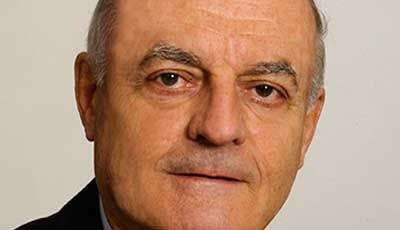 The INP welcomes Professor Emeritus Jean-Michel SCHERRMANN
The INP welcomes Professor Emeritus Jean-Michel SCHERRMANNOn Friday, November 23, the INP welcomes Professor Emeritus Jean-Michel SCHERRMANN (University of Paris Descartes), for a seminar entitled "Why it is difficult to develop CNS drugs: lack of neuropharmacokinetic considerations?”
Developing efficient drugs for treating cerebral disorders remains a true challenge. Reducing the duration and cost of preclinical and clinical trials as well as identifying the wrong candidates, as quickly as possible, are key priorities. Such goals require translational research and strong interdisciplinary interactions.
-
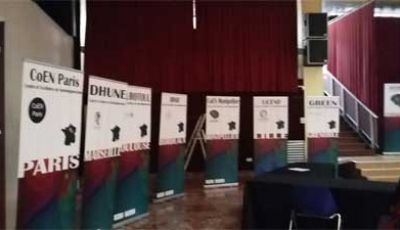 1st Congress of the 7 CoENs (International Network of Centers of Excellence in Neurodegeneration)
1st Congress of the 7 CoENs (International Network of Centers of Excellence in Neurodegeneration)Santiago Rivera represented the INP on the 1st Congress of the 7 CoENs (International Neetwork of Centers of Excellence in Neurodegeneration) held in Montpellier on October 18 and 19, 2018, endorsed by AVIESAN: Bordeaux, Grenoble, Lille, Montpellier, Marseille, Paris and Toulouse. He gave a lecture in the CoEN Pathfinder laureates’ session entitled MT-MMPs at the crossroads of amyloidogenesis and neuroinflammation in Alzheimer's disease.
Pages
INP in numbers
- 126 members
- 44 researchers
- 48 research assistants
- 12 post-docs
- 11 PhD
New publication for the Neuro-inflammation and Multiple Sclerosis team (INP team 5) in Cytokine about the immunomonitoring of infliximab biotherapies
In this paper, Daniel Bertin evaluated the immunological follow-up of patients suffering from chronic inflammatory diseases and receiving anti-TNF biotherapy. Three commercial ELISA assays for monitoring soluble through levels of infliximab and anti-infliximab antibodies in serum showed a good global correlation of results. However, some quantitative discrepancies could change clinical decision. As a consequence, Daniel Bertin recommended to keep the same kit to perform a longitudinal follow-up of patients.
Aurélie Tchoghandjian-Auphan, CRCN CNRS from the GlioME team, was recently granted by ARC fondation for her project "Effects of Smac mimetics treatment on glioblastomas immune response" .
Aurélie Tchoghandjian-Auphan, CRCN CNRS from the GlioME team, in the Insitute of NeuroPhysiopathology, UMR CNRS 7051, was recently granted by ARC fondation for her project "Effects of Smac mimetics treatment on glioblastomas immune response".
Subsequently she was interviewed by :
- France 3 (JT 19/20 PACA diffusion du 15/11: 7'09 à 9'45) ;
- Provence Azur (18/11/2019) ;
- 20 Minutes Marseille (18/11/2019)
- La Provence
GlioME team in collaboration with INT (Institute of Neurosciences Timone) published a new study in Journal of Neuroinflammation on the effect of Bevacizumab on glioblastoma-bearing mice, using 2-photon imaging
Our data show that VEGF blockade leads to an increased recruitment of monocytes and to an adjustment of dendritic cell subsets’ profiles, differing in their ability to induce an adaptive immune response. Altogether, they provide important new insights into the effects of Bevacizumab at the cellular level and into the spatio-temporal evolution of intra-tumoral innate immune cell densities.
Pr Hervé Kovacic joins the editorial board of Antioxidant Redox Signaling
The leading peer-reviewed journal dedicated to understanding of the vital impact of oxygen and oxidation-reduction (redox) processes on human health and disease, exploring key issues in genetic, pharmaceutical, and nutritional redox-based therapeutics.
For more information, head to the ARS website.
Marseille - Cassis 2019
Congratulations to all the CNRS team for running the Marseille-Cassis race two weekends ago, and especially to Claude Villard (7th from the left, top row), INP team 9 and PINT facility member who ran this semi-marathon in 1 hour and 48 minutes.
Next year, let's make a whole INP team (as usual, the race will take place on the last Sunday of October)!
For more information, head to the race's official website.
Listening to our molecular clocks
During the NeuroStories event, held on Monday October 7 at the Faculty of Medicine, Anne-Marie François Bellan gave a remarkable stand up on how our body vibrates to the rhythm of internal chronometers called circadian clocks. She also explained how the molecular clock uses small corpuscles and cell space to make our genes rhythm.
Click on the news to see the video of her brilliant speech.
Prof. D. Figarella-Branger, who belongs to the cIMPACT-NOW Working Committee, attended to the last meeting of the consortium in Utrecht (16-17 september).
The cIMPACT-NOW Working Committee is the Consortium to Inform Molecular and Practical Approaches to CNS Tumor Taxonomy. cIMPACT-NOW was created in late 2016 —following publication of the 2016 Updated 4th Edition of the World Health Organization (WHO) Classification of Tumours of the Central Nervous System— to provide a forum to evaluate and recommend proposed changes to future CNS tumor classifications.
Three members of INP presented their work on Glioma during the 14th EANO annual meeting held in Lyon (19 - 22 September, 2019)
During the 14th EANO annual meeting 3 members of INP team #8 presented their work on Glioma in a plenary conference «CDKN2A homozygous deletion is a strong adverse prognosis factor in diffuse malignant IDHmutant gliomas» Dominique Figarella Branger, a short talk «Plasmatic differential scanning fluorimetry profiles discriminate glioma patients from healthy controls» Emeline Tabouret and two posters «P11.06: Non epigenetic effect of vorinostat















